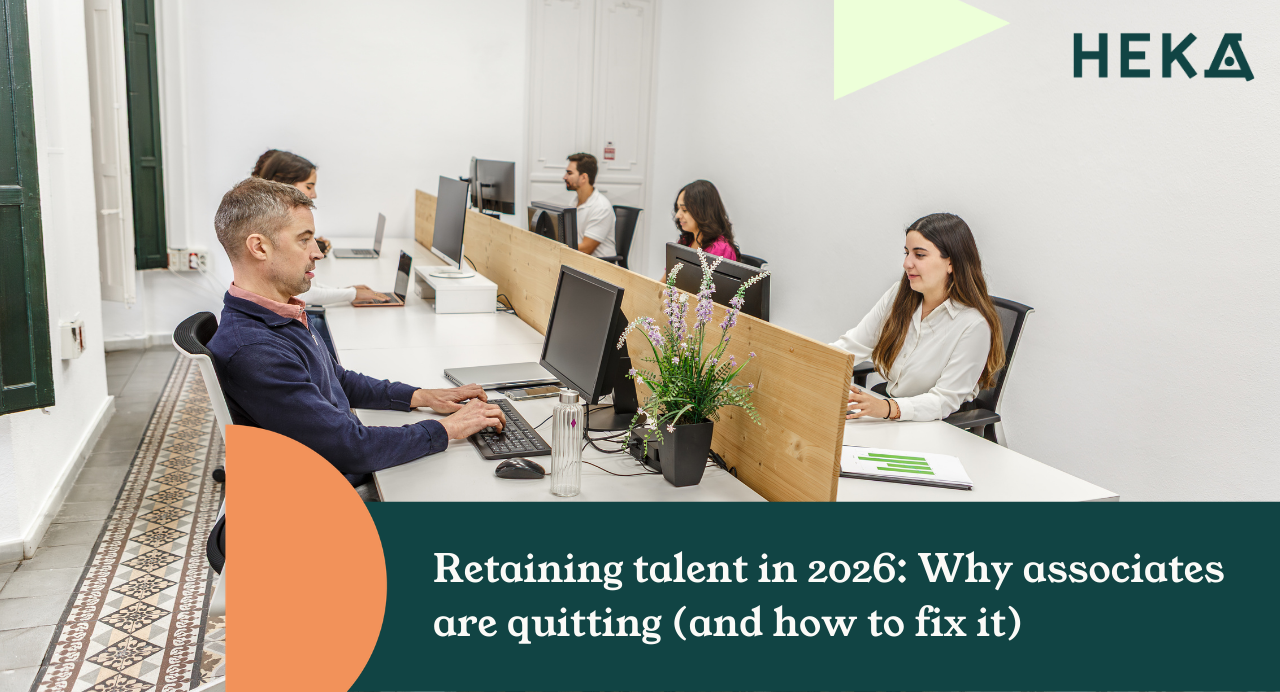A quick summary:
For years, Private Medical Insurance (PMI) was seen as the gold standard of employee benefits - a signal that your company cared about health and was willing to invest in it. But in 2025, that thinking is outdated. The truth is, PMI isn’t what your team really needs anymore: it’s only useful when you need it, and it rarely serves everyone. And as costs continue to spiral and expectations shift, it’s time for something better.
You don’t need PMI.
You need preventative health.
The problem with playing catch-up
Traditional healthcare benefits are reactive by design. They step in after someone is already unwell. PMI, for example, helps employees once they’ve hit a point where they need treatment, appointments, or procedures. It’s a safety net - but it’s an expensive one, and it doesn’t stop people from falling in the first place.
What if, instead, your employee benefits platform helped people stay well? What if you could reduce sick days, prevent burnout, and support everyday health - without relying on rising insurance premiums to do it?
That’s the promise of preventative healthcare.
The power of being proactive
Preventative health support is about building a healthier, more resilient team from the ground up. It means providing the right support so things don’t reach a crisis point.
Think of how many health issues start small. Stress goes unmanaged. Back pain gets ignored. Mental health dips under the radar. Eventually, they evolve into costly absences: multiple GP visits, or even long-term sick leave. But it doesn’t have to be this way.
When your people have access to therapy, mental health check-ins, nutritional guidance, movement support, or even just regular health screenings, they’re far more likely to stay healthy - and less likely to need more serious intervention.
Women’s health: A clear example
Consider women’s health in the workplace - an area that’s been overlooked for far too long. From menopause to period pain, fertility challenges to postpartum recovery, women face a huge range of health issues that often go unsupported.
Yet support doesn’t have to be complex or costly. Providing access to hormone testing, menopause-friendly policies, counselling, and even peer communities can be transformational. It’s not about reacting once someone’s ready to quit - it’s about making sure they never feel pushed to that point.
The shift businesses need to make
What’s becoming clear is that companies can no longer afford to sink wellbeing budgets into reactive systems that don’t prevent poor health in the first place. PMI is increasingly expensive, used inconsistently, and doesn’t meet the everyday needs of most employees - especially younger ones, who value flexibility, mental wellbeing, and lifestyle support over traditional insurance plans.
The future of employee health isn’t about insuring people against illness. It’s about helping them stay well every day.
A better way forward
Heka offers wellbeing and health-led benefits - all under one roof. Employees can book therapy, attend a fitness class, explore immunity supplements, learn how to manage stress, or access private GP appointments, all through a single, personalised experience.
It’s proactive, accessible, and cost-effective. More importantly, it actually helps people feel better, not just treated.
The bottom line
If you’re still pouring budget into PMI while your employees are quietly burning out, battling stress, or struggling through preventable health issues, it’s time to rethink your approach.
Your team doesn’t need more insurance policies.They need meaningful, everyday health support.
Preventative health isn’t just a nice idea - it’s the future of employee wellbeing. And the best part? It works. It’s time to rethink employee wellbeing. Let Heka guide you.






